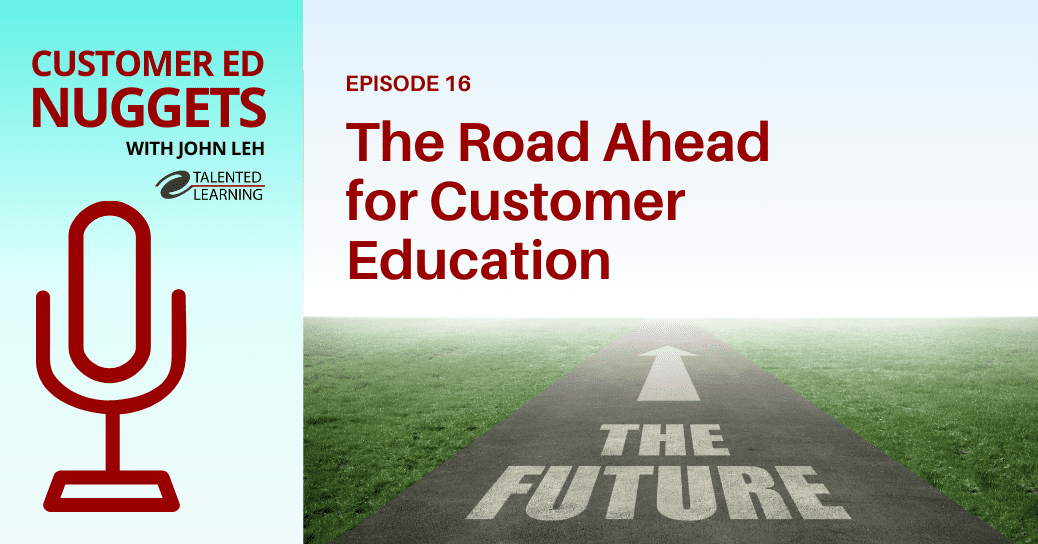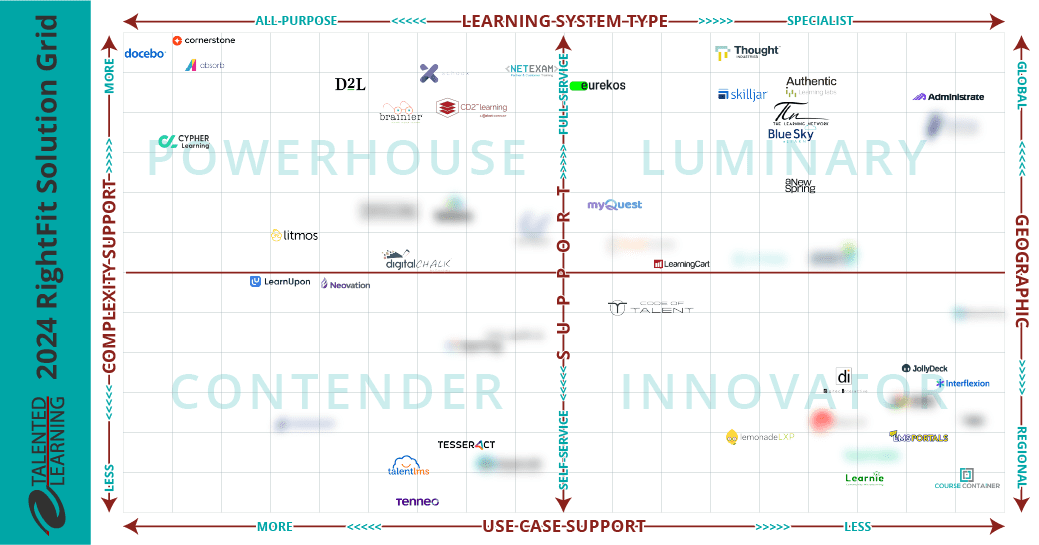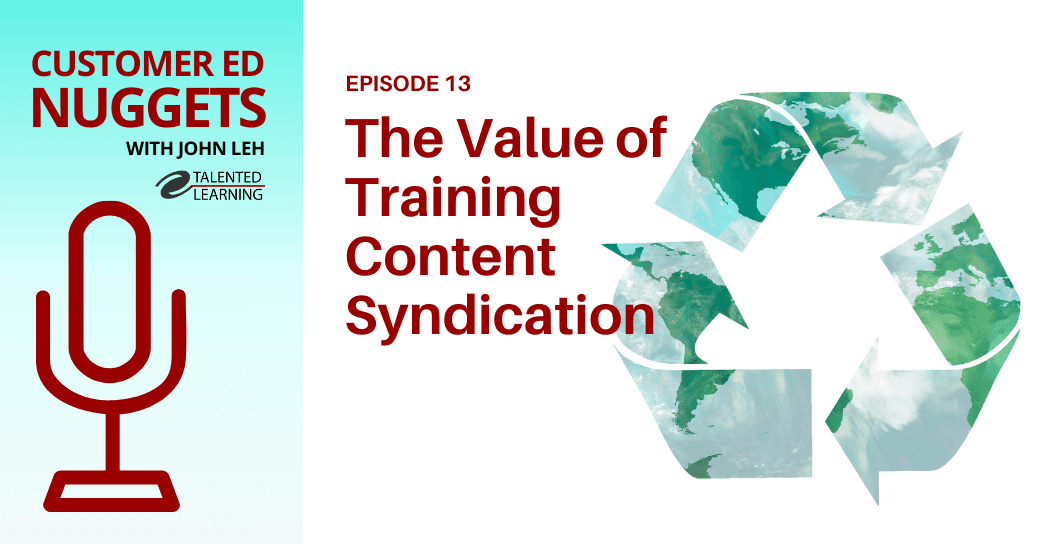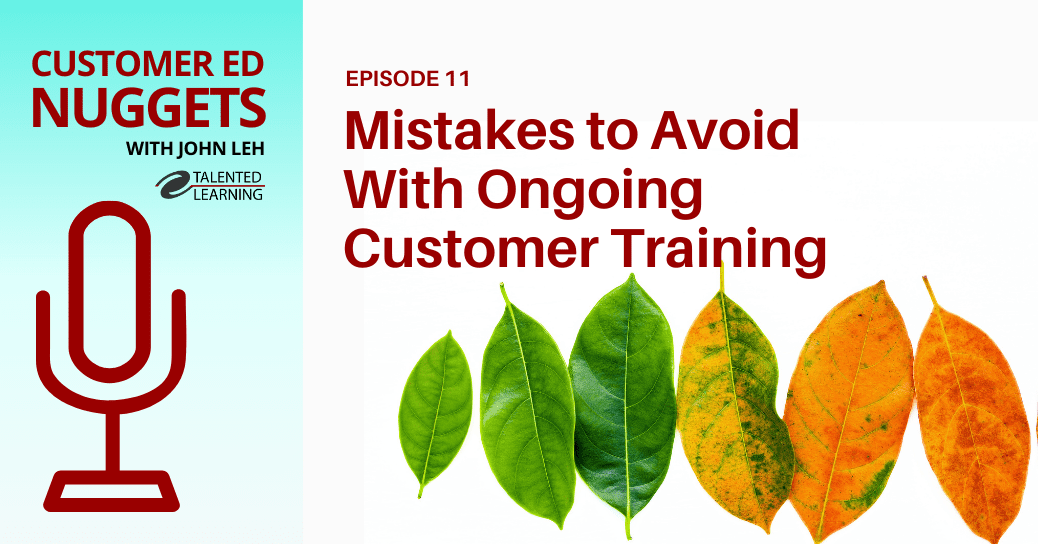
How Well Do You Know Your Customers?
In this era of data-driven marketing, successful businesses have learned that the more you know about your customers, the more your company is bound to grow. It’s a fact.
As Forrester Research confirms, reliable customer intelligence creates value in multiple ways. You can:
- Shape products and services that better satisfy your existing customer base;
- Identify, attract, engage and retain more buyers that are a profitable fit for your offerings and,
- Inform your brand roadmap — whether you sell to businesses, consumers or both.
These goals have fueled widespread popularity of systems that provide customer insights, marketing automation and sales enablement. Even in the late 1990s, before the first customer relationship management system (CRM) was launched, marketing and sales professionals understood the value of “knowing” customers.
However, a customer-savvy organization is only half of the equation for sustainable business success.
How Well Do Your Customers Know You?
What about the customer side of this coin? It makes sense that the more your prospects know about your product or service, the smarter their buying decisions will be.
Also, if your customers understand how your brand addresses their needs, they’re more likely to become devoted fans.
In other words, the easier it is for people to find and use clear, relevant, actionable information throughout their relationship with your organization, the more likely they are to choose and use your products, again and again.
And they’re likely to recommend your brand to others – a bonus “multiplier” effect!
This is why thoughtful, targeted customer education strategies make a massive difference. Yet, surprisingly few organizations focus on customer training as a way to achieve strategic advantage.
It’s especially true in the high-technology industry. For example, look at marketing automation provider, Marketo. The company’s CEO, Phil Fernandez agrees that lack of customer education is a serious obstacle.
In fact, he says, “The single biggest growth limiter for our market is customer education,” because the market is still “in the learning and skill-building phase.”
This raises a critical question – In dynamic industries like software and technology, who should be responsible for educating prospects and customers?
Tech Customer Education: Who’s In Charge?
Sales representatives can’t be expected to carry the entire load – especially in an era where 67% of the typical B2B buyer journey has shifted to digital interactions and content.
But online channels have their own risks. Research shows that when today’s tech-savvy prospects encounter a weak digital experience, they’re much less likely to complete a purchase – even if the brand is a market leader.
This means no organization can afford to sit back and wait for potential customers to discover their product and educate themselves about its value.
Fortunately, companies in many sectors are waking up to the fact that customer success is not just about convincing prospects to “close” on a one-time sales transaction. Rather, it’s a complex ongoing process, involving multiple channels, tools and people, over the entire life of a customer relationship.
Business leaders are recognizing that responsibility for customer experience belongs to the whole organization — or at least multiple coordinated functions. Research by Adobe and Econsultancy found that 85% of B2B marketers say consistency across content teams and channels is the backbone of an effective customer experience.
Yet coordinating these elements is incredibly complex. In fact, another study revealed that only 12% of marketers are “very effective” at delivering a great customer experience. That leaves enormous of room for improvement, going forward.
The Need for Customer Education is Universal
Complex B2B tech firms aren’t the only companies facing customer experience challenges. Even simple B2C products and services are finding gaps where learning can help make or break customer relationships.
For example, look at today’s dynamic mobile apps marketplace, where a value proposition may seem simple, but the customer experience stakes are much higher. As mobile product design expert S.C. Moatti says, “If a mobile application oversteps or breaks, or it isn’t intuitive, the cost is very high.”
And because people are more emotional about their phones, when something about an app turns them off, they don’t come back easily – if ever. In other words, “If the cost of an error on the web is 1x, the cost of a similar error on mobile is 10x.”
To illustrate, consider the staggering mobile app abandonment rate. One study of 37,000 apps reveals that about 25% of users walk away from an app after only one use, and nearly 62% log in no more than 11 times before they quit. Across all industries, this translates into a 75% user turnover rate within only 90 days! It’s not pretty.
So, how can a thoughtful customer education strategy work together with innovative learning technologies to help resolve these issues? Let’s look at some examples.
When Tech Customer Education Pays: 3 Industry Examples
1) Customer Onboarding
High-growth, on-demand software companies are discovering the value of “in-app” customer onboarding — training-related content that is embedded directly into existing web and mobile apps via modern learning platforms.
This in-context learning experience guides a prospect’s research activities into a seamless discovery-trial-conversion path, removes set-up and customization barriers, and immediately upon purchase provides access to appropriate “getting started” resources and tools.
2) Ongoing Customer Engagement
Many technology and service providers rely on a cloud LMS so they can offer instant access to the latest product training and related content from any device or location – regardless of whether a customer is online or offline.
This high availability strengthens customer relationships by providing continuous access to relevant information and guidance they can trust.
In addition, as users develop related product knowledge and skills, they can earn professional credentials and certifications that follow them throughout their careers. This naturally strengthens their connection with the product, and deepens their long-term commitment as brand ambassadors.
3) Customer Renewal
Effective onboarding and engagement are essential factors in the customer experience equation. However, a business model is sustainable only if customers are willing to continue investing in your product or service, over time.
Online customer training can act as “preventive maintenance” to ward off customer defection, reinforce brand engagement and even increase share-of-wallet.
For example, companies that offer free or discounted next-level training prior to a contract renewal date, improve their odds of retaining (or reactivating) profitable customers, and increasing their lifetime value.
These three cases offer just a taste of when and where customer education can differentiate your company and create a lasting business advantage. The possibilities are limited only by your resources and imagination.
Closing Notes on Tech Customer Education
In high tech, customer education is merely one facet of a comprehensive customer success strategy. But evidence shows that training can work in concert with other customer-focused strategies and systems to fill critical relationship gaps and improve business results.
If you aren’t yet investing in training as a way to engage, retain and profit more fully from customer relationships, your competitors are probably ahead of you.
But with so many innovative learning platforms – many designed specifically to support customer education – getting started has never been easier. So what are you waiting for?
Share This Post
Related Posts
The Future of Customer Education: Customer Ed Nugget 16
Customer education is rapidly evolving as organizations embrace new strategies and tech. What does this mean for the future of customer education? See what experts say on this Customer Ed Nuggets episode
Education Strategy Mistakes to Avoid: Customer Ed Nugget 15
What does it take to deliver a successful customer education program? It starts with a solid education strategy. Learn how to avoid common pitfalls on this Customer Ed Nuggets episode
Which LMS is Best for You? New Shortlisting Tool for 2024
How can you find the best learning system for your business? Our LMS shortlisting tool can help. Learn about the 2024 RightFit Solution Grid. Free, reliable guidance based on our independent research
How to Build a Learning-Based Business: Executive Q&A Notes
Building and selling online courses may seem easy, but building a profitable learning-based business is far more complex. Find out what successful leaders say about running this kind of business
The Rewards of Community Building: Customer Ed Nugget 14
What role does community play in your customer relationships? Find out why community building is such a powerful force in customer education on this Customer Ed Nuggets episode
Benefits of Training Content Syndication: Customer Ed Nugget 13
If you educate customers online, why should you consider content syndication? Discover 10 compelling business benefits in this Customer Ed Nuggets episode
Top Marketing Skills to Master: Customer Ed Nugget 12
Successful customer education programs depend on professionals with expertise in multiple disciplines. Which marketing skills lead to the best results?
How to Measure and Improve Partner Training ROI
An educated channel is a successful channel. But how do you know if your educational programs are effective? Learn from an expert how to evaluate partner training ROI
Mistakes in Ongoing Customer Training: Customer Ed Nugget 11
Customer education doesn't stop with onboarding. It pays to invest in ongoing customer training. Learn which mistakes to avoid in this Customer Ed Nuggets episode














FOLLOW US ON SOCIAL